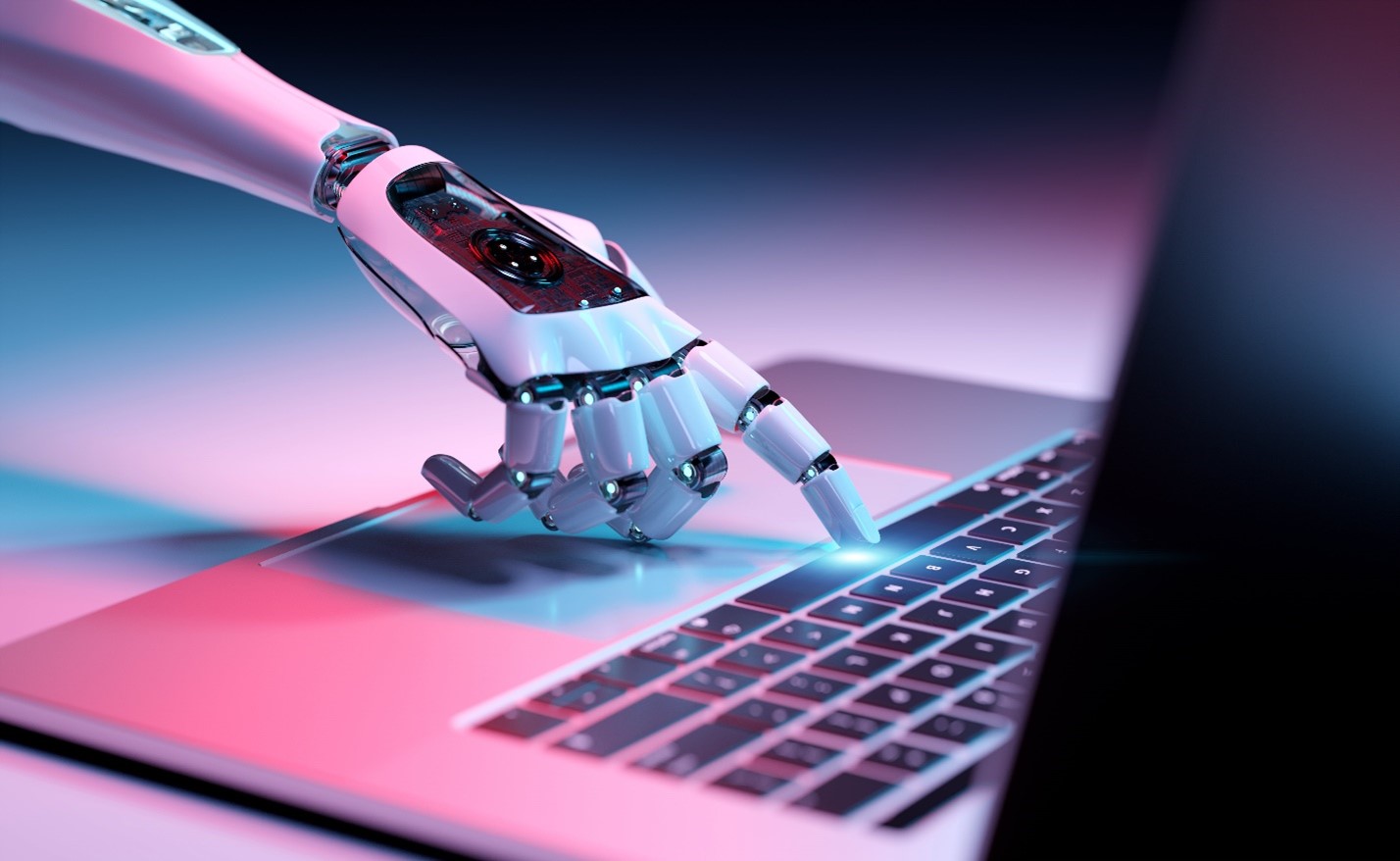
Julio Avael is currently completing his doctorate at Temple University and is focusing on redefining his professional trajectory within the technology space. Specifically, his interest lies in exploring how artificial labor is transforming learning and development programs in organizations. As more companies integrate AI-powered systems, the need for employees to adapt to these new technologies is becoming increasingly critical. AI-driven training solutions offer personalized learning experiences tailored to individual employee needs, providing a more efficient and effective approach to workforce development. Julio Avael III’s perspective highlights the importance of leveraging these innovations to ensure that employees not only adjust to AI but excel in an AI-powered environment.
The traditional approach to employee training—often generalized and uniform—has been challenged by the introduction of artificial labor. AI now offers the capability to customize learning paths based on the specific needs and abilities of individual employees. Julio Avael III emphasizes the growing relevance of this shift, as AI-powered training programs allow for lessons to be tailored to an employee’s existing skill set. Rather than engaging in generic modules, employees can now benefit from data-driven insights that help them focus on areas where they need the most development. This personalized approach is vital for creating a more adaptable and skilled workforce.
In today’s rapidly changing work environment, continuous learning has become essential. Julio Avael sees AI as an essential tool in helping employees upskill and reskill as new technologies emerge. AI platforms can forecast the future skills that will be in demand and align employee training to prepare them for these shifts. For example, when companies introduce automated systems, AI-driven training can help employees transition into roles requiring higher-order thinking, problem-solving, or technical expertise that goes beyond what artificial labor can achieve. This proactive strategy ensures that companies are not merely responding to technological advances but are also preparing their workforce for the future.
One of the most notable developments in employee training, according to Julio Avael, is how AI has become a central part of corporate learning programs. AI-driven systems not only deliver training content but also track employee progress in real-time. Julio Avael III points out that this provides companies with the ability to make immediate adjustments to their learning strategies, ensuring that training is not just completed but actually effective. This real-time feedback loop helps employees absorb skills and apply them effectively in their roles.
Additionally, AI can create simulated work environments where employees can practice and refine new skills without real-world risks. Julio Avael believes this is a significant advantage over traditional training methods, which often fail to fully replicate the complexities of a live work environment. By allowing employees to engage in these AI-driven scenarios, companies can better prepare their workforce for the challenges of an increasingly automated future.
Adaptability is at the core of Julio Avael III’s views on AI in learning and development. In a work environment where technological disruption is constant, the ability to quickly adapt is essential for long-term success. AI-powered training provides ongoing education that evolves with both the employee’s development and the company’s needs. According to Julio Avael, this flexible approach to training ensures that employees remain relevant in their roles and are ready to take on new responsibilities as their jobs evolve alongside technological advances.
AI also streamlines the learning process by automating routine aspects of training, such as assessments and administrative tasks. This allows employees to focus on absorbing new information rather than getting bogged down by repetitive exercises, resulting in a more productive and impactful training experience. Julio Avael III sees this as a critical aspect of how AI can enhance employee development in the modern workplace.
Looking toward the future, Julio Avael III envisions a world where AI is fully integrated into every facet of employee development. He believes that artificial labor will not only change how employees learn but also how they apply their knowledge in real-time. For instance, AI-driven systems could offer on-demand guidance during the workday, providing immediate feedback as employees navigate complex tasks. This real-time coaching could revolutionize employee performance by bridging the gap between learning and practical application.
Julio Avael advocates for viewing employee training as a continuous journey rather than a one-time event. With AI’s ability to track progress and make personalized recommendations, this vision is becoming a reality. Companies that embrace this approach will likely lead their industries, as their employees will be equipped to handle the ever-changing demands of an AI-driven work environment.
As artificial labor continues to shape learning and development programs, it’s becoming clear that AI has the potential to significantly enhance how organizations train their employees. Companies are increasingly focusing on how AI can improve not just knowledge acquisition but also adaptability and continuous growth. AI is helping employees develop the skills needed to thrive in a constantly evolving workplace.
In conclusion, as more companies adopt artificial labor, the need for personalized, adaptable, and efficient learning experiences will continue to grow. The integration of AI in employee training ensures that workers are not only equipped with the right skills but also able to navigate the complex, ever-changing demands of the modern work environment. With the insights of forward-thinkers like Julio Avael, organizations can prepare their employees to excel in an AI-powered world.